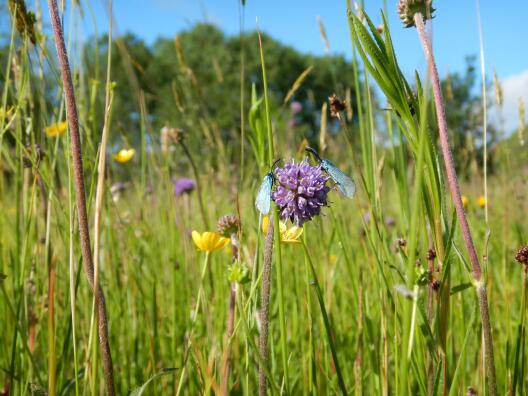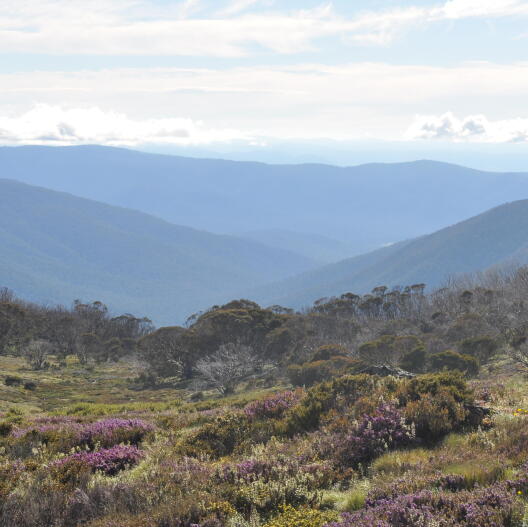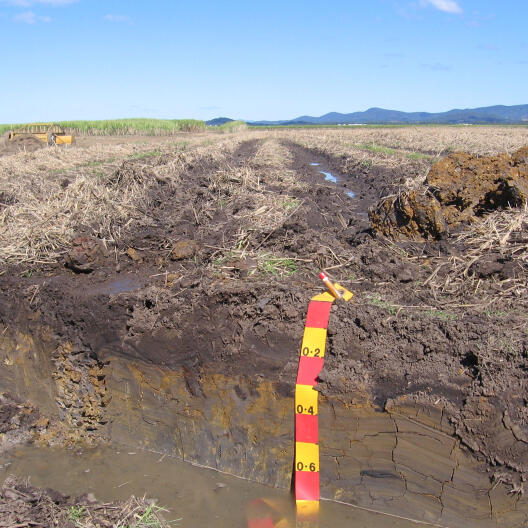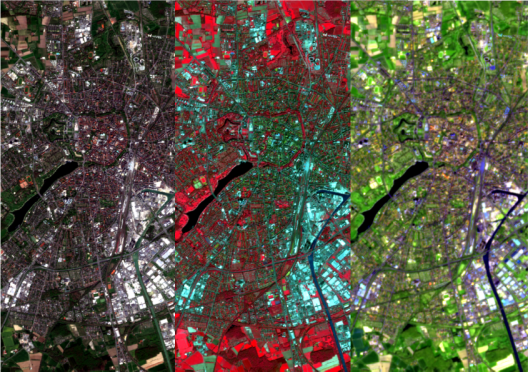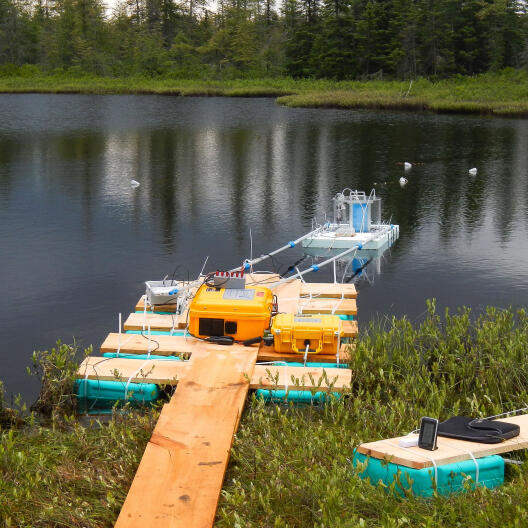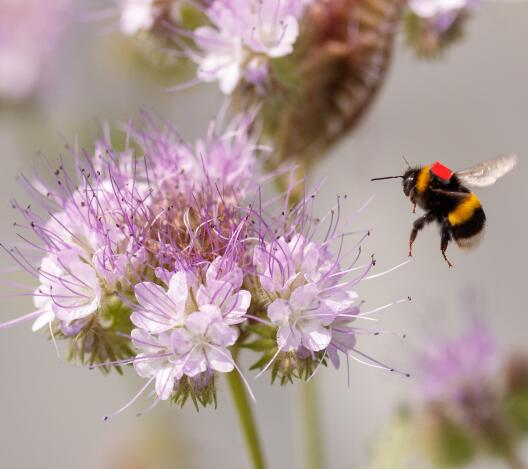Applied Landscape Ecology and Ecological Planning
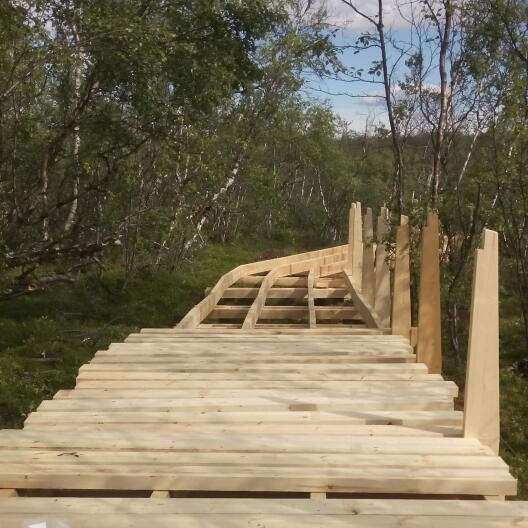
The Applied Landscape Ecology/Ecological Planning working group (AG Buttschardt) researches the effects of human ways of life and land use on the natural and landscape environments and how these can be designed to achieve a regenerative development of landscapes. We assume that landscapes are the spatial representation of socio-ecological systems that can only be fully understood in an interdisciplinary approach. In order to take into account the applied aspect of ecological planning, our research is increasingly transdisciplinary and explicitly includes the noosphere. We therefore cooperate with interdisciplinary centres (e.g. the ZIN or the Brazil Centre), other Universities (e.g. Münster University of Applied Sciences) and practitioners. Our work focuses on Integrated Natural Resources Management, Limnology/River restauration and Agroecology.


